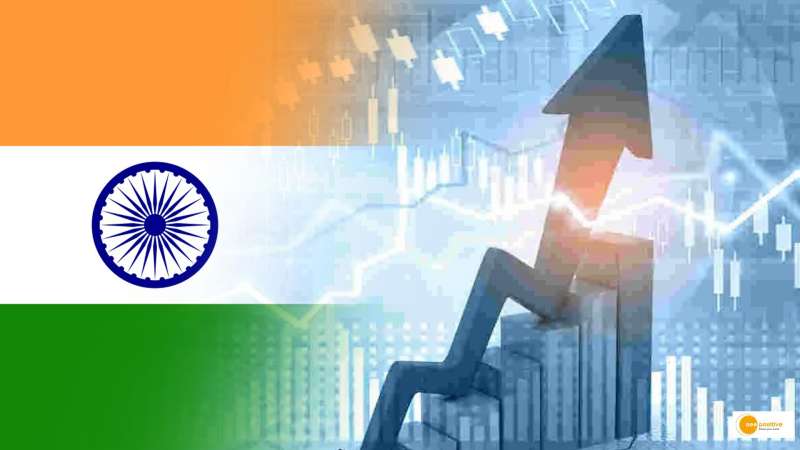

On September 20, 2022, Chief Economic Advisor V. Anantha Nageswaran predicted that the Indian economy would grow at a rate of more than 7%, down from a rate of more than 8% projected in January.
He did say, however, that the economic momentum and animal spirits are “unmistakable.”
“India’s own growth rates have come off the projections made in January down to about 7-plus percent for the current financial year,” Mr. Nageswaran said speaking at Global Fintech Fest event in Mumbai.
He stated that the world is still dealing with the aftereffects of the COVID pandemic and the ongoing war in Europe caused by Russia’s invasion of Ukraine, implying that these factors are weighing on growth.
The economic survey released prior to the annual budget in January of this year projected FY23 growth of 8-8.5%. The RBI expects GDP to grow at 7.2% this year, but some analysts believe that figure will be revised downward soon.
Mr. Nageswaran believes India will be able to maintain its 7% annual growth rate for the rest of the decade.
Mr. Nageswaran stated at the fintech event that the government is shifting from financial inclusion to financial empowerment, and that the focus in the decade to 2030 will be on assisting people in accessing financial services such as credit and insurance through the use of the accounts opened previously.
Interoperability between payment systems
He stated that the government is working to help establish interoperability between payment systems in Singapore and the UAE in order to reduce remittance charges to near-zero levels in order to assist the diaspora.
He said the unified payment interface “mimics” the soon-to-be-introduced central bank digital currency, on which India is moving ahead.
On the credit front, “we are moving from the collateral based system to the one where cash flows come into essence”, he noted.
However, he believes that cash flow-based lending apps must avoid abusing borrowers, particularly those with low financial literacy.
Mr. Nageswaran estimated that the total opportunity for cash flow-based lending in the coming year would be 3 lakh crore.
He also stated that data protection legislation is required.
Profit, he believes, should be viewed as a tool for companies to innovate rather than as a means to game the system.
India also needs to move forward on intellectual property challenges, he said, noting that after being a consumer for many years, the country has now created a slew of solutions.
There is a lot of interest among G-20 grouping to understand the Indian model of partnering with the private sector for better systems, he said.


